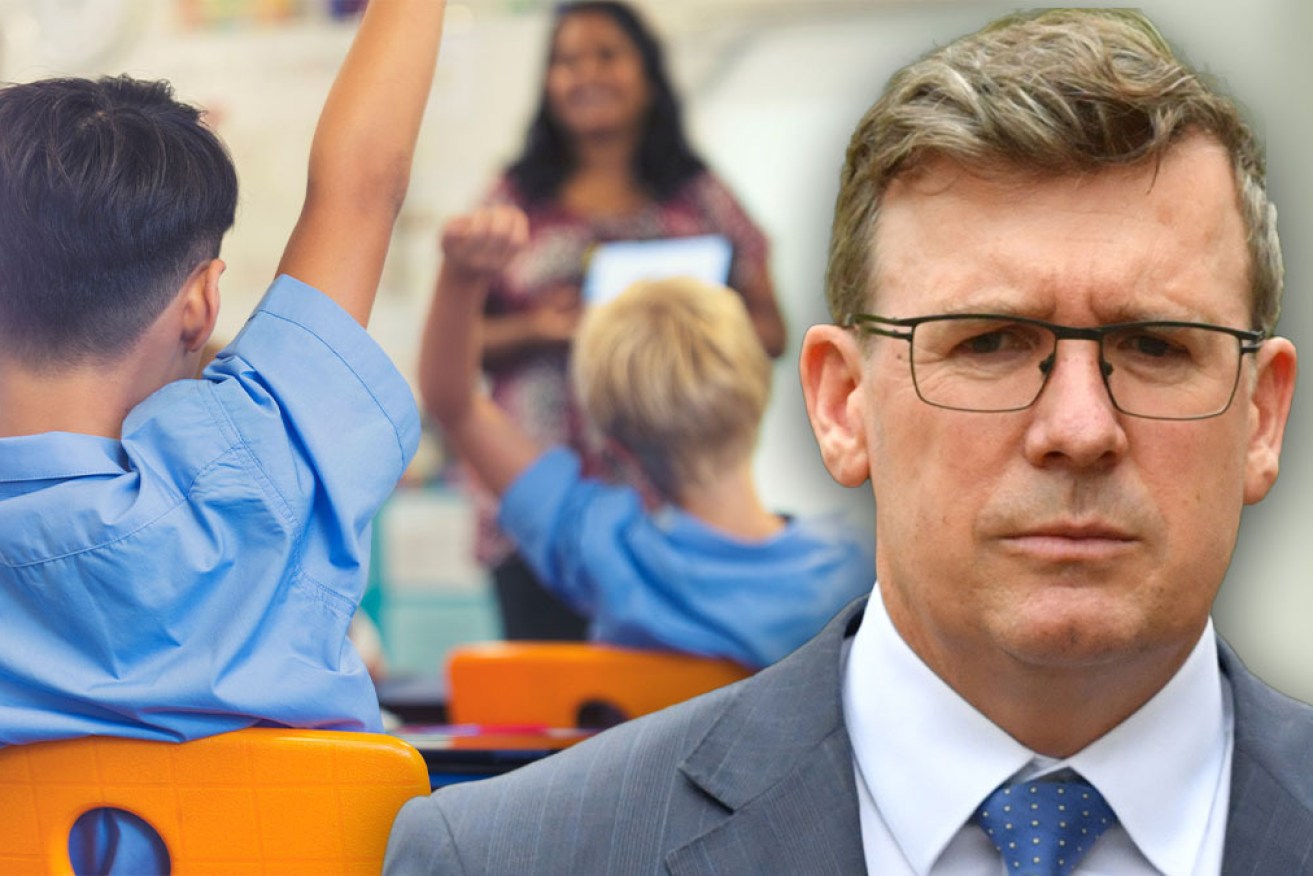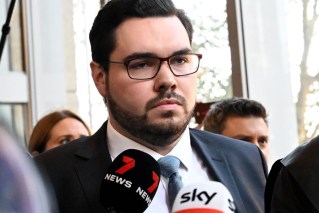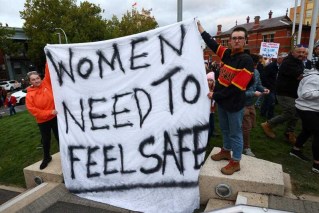Australian students suffering poor-quality teaching and testing: Tudge


Education Minister Alan Tudge has proposed reforms to Australia's education sector. Photo: TND/Getty
Education Minister Alan Tudge has blamed Australia’s worsening educational performance on poor-quality teaching and outdated assessment methods.
In the early 2000s, Australia ranked fourth internationally in reading, eighth in science, and 11th in maths.
But by 2018, we had fallen to 16th in reading, 17th in science and 29th in maths.
On Thursday, Mr Tudge outlined his plan to push the nation back into the world’s top 10 OECD education nations within 10 years.
He suggested three main issues could be halting students’ progress:
- A decline in quality teaching, mainly due to university courses that focus too much on theory rather than developing practical skills for the classroom
- An outdated national curriculum that must be updated to reflect learning standards in Singapore
- Inadequate assessment of students – more testing must be rolled out to support NAPLAN assessments.
“We have made good progress, but there is still room for improvement,” Mr Tudge said.
“We are still not consistently attracting the best students into teaching.”
Although education experts agree Australia’s education system needs to be overhauled, some say Mr Tudge’s reforms don’t get to the heart of the issue.
We need to be bold
Associate Professor Rachel Wilson, an expert in educational assessment and evaluation at The University of Sydney, said the reforms proposed by Mr Tudge were “just more of the same”.
“If we’re going to really reform education, we’ve got to be bold about it,” she told The New Daily.
“I don’t see refining NAPLAN and dropping down teacher education programs to one year as going to make any difference.”
Implementing more top-down policies will only add to teachers’ “tsunami of paperwork”, she said.
Instead, we need “long-term policymaking and bipartisan commitment” dedicated to overhauling the sector.
A key part of that reform must include bridging the widening gap of inequity between advantaged and disadvantaged schools, Professor Wilson said.
One quick way to starting boost the quality of teachers, she said, is to pay them more.
“We’ve not been able to attract the right people to the profession,” she said.
“We need to make it high status by making it competitive entry, and to pay them what they’re worth. That way, you can attract high-ability students to it.”
The problem is more complex than we think
Professor Jenny Gore, from the University of Newcastle’s Teachers and Teaching Research Centre, said it was common to blame teachers for a decline in school education standards.
However, she said that view doesn’t take into account all the complex reasons why Australian students might be slipping behind.
“In some communities, there are conditions of poverty that make teaching really hard, and you can’t fix all the issues just by focusing on teachers or teaching,” Professor Gore told The New Daily.
“There’s got to be investment in communities, infrastructure and equality – addressing foundational problems that interact with how teachers can teach in schools, and how kids can learn.”
Professor Gore said it was a big ask to suggest shaking up teacher education courses while universities are already under the pump financially.
“You can’t just ask for initial teacher education to do better with less,” she said.
“We’re already struggling with levels of funding. If there’s real interest in improving the quality of teacher education, there has to be investment.”








